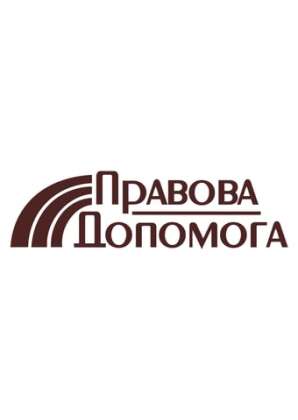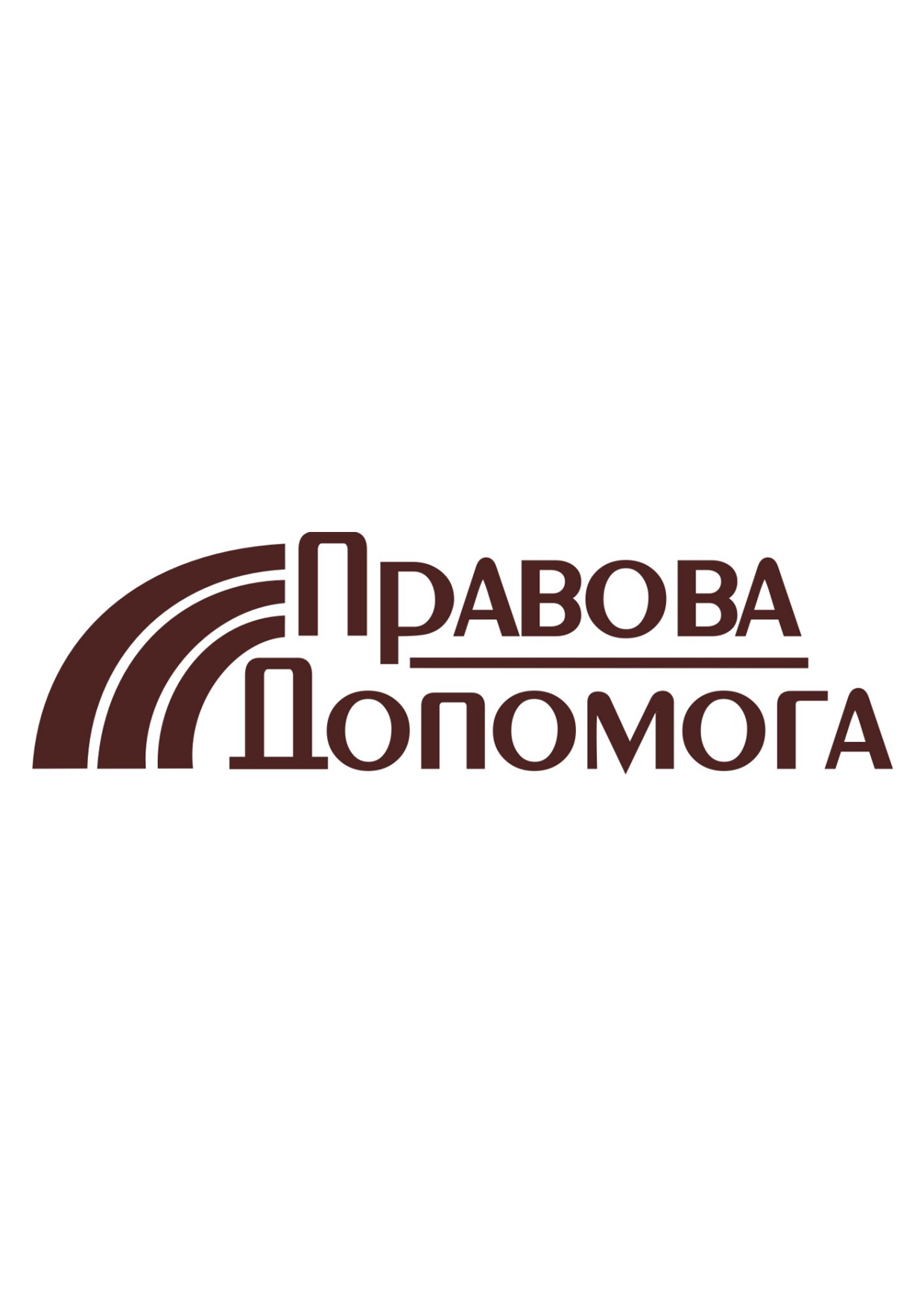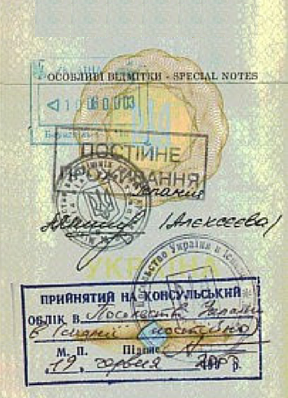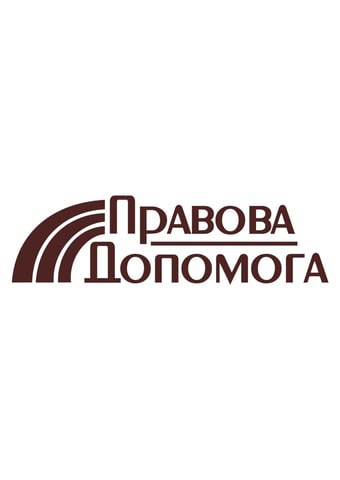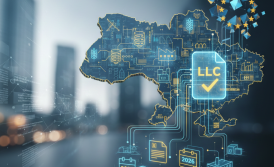Digital Nomad Visa Portugal: How Can Apply in 2025
Cost of services:
Reviews of our Clients
... our work on joint projects assured us of your high level of professionalism
With the rise of remote work, millions have started combining their careers with travel. This new lifestyle is known as the “digital nomad.” Digital nomads look not only for scenic views but also for stability, safety, a favorable tax system, and a legal framework that allows them to live and work outside their home country.
In response to growing demand, many countries have developed special visa programs for remote workers. One of the most attractive and popular is the Digital Nomad Visa Portugal. For many Ukrainian professionals, especially in IT, design, marketing, and consulting, it offers a strong opportunity to combine work with a high quality of life in Europe.
In this article, we’ll cover:
- Who is eligible for Portugal’s Digital Nomad Visa (D8)
- The key benefits of obtaining a Portuguese Digital Nomad Visa
- How to become a digital nomad in Portugal and what documents are required
- What taxes digital nomads pay in Portugal
- How our legal team can support you at every stage of the relocation process
If you’re planning to move abroad and are considering Portugal’s Digital Nomad Visa, read on.
You might also like: Digital Nomad Visa: Best Countries for Freelancers and IT Specialists in 2025
Who Are Digital Nomads and Why Interest in Living in the EU Is Growing
Digital nomads are remote workers who are not tied to an office, city, or even country. They perform their professional duties online, regardless of their physical location. These may include IT specialists, designers, marketers, copywriters, video editors, analysts, consultants, online entrepreneurs, and others.
Why Portugal Is an Attractive Country for Remote Professionals
Portugal has quickly established itself as one of the most comfortable countries in the European Union for living and remote work. With flexible immigration laws, a favorable tax regime, and a high quality of life, it has become a popular choice among digital nomads and professionals from around the world.
Key benefits of holding a Digital Nomad Visa in Portugal:
1. Live in Portugal with Remote Work Access for Up to 12 Months
The visa allows you to reside in Portugal for one year while working remotely for a foreign employer or as a self-employed professional. Choosing the residency option opens the path to long-term legal stay.
2. Visa-Free Travel Within the Schengen Area
Visa holders can travel freely across 26 EU countries in the Schengen Zone without the need for obtaining additional visas or permits.
3. Family Reunification Program
Family members (spouses, children) can receive residence permits to live with the primary applicant and enjoy all the benefits of life in Europe, including access to healthcare, education, and social services.
4. Residency Option with Long-Term Perspective
The residency track includes a four-month entry visa, followed by an application for a two-year residence permit. This permit can be extended for another three years, providing a five-year legal stay in total.
5. Eligibility for Permanent Residency or Citizenship
After five years of legal residence in Portugal, applicants may apply for permanent residency or citizenship, provided they meet language and legal requirements.
Conditions and Requirements for Obtaining Digital Nomad Visa Portugal
To successfully obtain a Digital Nomad Visa in Portugal, applicants must meet specific criteria set by the country’s immigration law. The key requirements include proof of financial means, documents confirming the source of income, valid health insurance, and papers that clearly state the purpose and conditions of the stay.
The visa is open to non-EU citizens who wish to legally reside in Portugal while working remotely for companies or clients based outside the country.
1. Financial requirements. The primary condition for obtaining the visa is proof of a stable income sufficient to live in Portugal without relying on social assistance. The minimum monthly income must be at least four times the Portuguese minimum wage. In 2025, this amounts to €3,480 per month or proof of savings totaling at least €10,440.
2. Documents confirming financial means. The required set of documents includes:
- An employment agreement with a foreign employer or client
- Bank statements for the past six months
- A confirmation letter from the employer or accountant outlining the nature of the work and confirming it can be performed remotely
3. To apply for Portugal’s Digital Nomad Visa, the applicant must submit:
- A valid passport (with an expiration date at least three months beyond the intended visa period)
- A rental agreement or other document confirming a place of residence in Portugal
- Health insurance valid for the entire duration of stay in the country
- Documents proving income
- A police clearance certificate from the country of citizenship and/or country of permanent residence
- A completed application form in the prescribed format
- A receipt for payment of the consular fee
All documents issued in other languages must be properly translated, and some documents additionally require an apostille.
4. You can apply for Portugal’s Digital Nomad Visa:
- Through the Portuguese consulate in your country of residence
- Directly in Portugal, provided you have a valid basis for legal stay
The processing time for the application is typically around 60 business days.
You might also like: How Much Cash Can You Take Abroad?
Rights and Responsibilities Granted by the Digital Nomad Visa (D8)
The D8 visa for digital nomads grants a range of rights that allow full integration into the social and economic life of Portugal.
Key rights:
- The right to reside in Portugal during the validity of the visa (up to one year or with the option to obtain a residence permit for up to five years).
- The ability to work remotely for a foreign employer or conduct independent business activities outside of Portugal.
- The right to enter and exit the country multiple times without restrictions during the visa or residence permit period.
- Access to private healthcare services (or to the public healthcare system, provided the applicant has proper insurance or contributes to the social security system).
Key responsibilities:
- Comply with Portugal’s immigration regulations, including timely registration with the immigration authority.
- Maintain valid health insurance for the entire duration of stay.
- Update residential address by notifying immigration authorities in case of relocation.
- Renew the residence permit on time if planning to stay beyond the initial visa period.
- Fulfill tax obligations if acquiring tax residency status in Portugal.
Failure to comply with the above responsibilities may result in the loss of residency rights, visa cancellation, or denial of residence permit renewal. It is therefore essential to follow Portuguese legal requirements carefully and respond promptly to any administrative changes.
You might also like: Digital Nomads in Spain: How to Get a Digital Nomad Visa and Reduce Your Tax Burden
Tax Considerations for Digital Nomads in Portugal
Individuals who stay in Portugal for more than 183 days per year or maintain a residence used as their primary home are considered tax residents. Tax residents are required to declare and pay taxes on their worldwide income.
Portugal applies a progressive income tax scale for tax residents:
|
Income Range (€) |
Tax Rate |
|
Up to 7,479 |
14.5% |
|
7,480–11,284 |
21% |
|
11,285–15,992 |
26.5% |
|
15,993–20,700 |
28.5% |
|
20,701–26,355 |
35% |
|
26,356–38,632 |
37% |
|
38,633–50,483 |
43.5% |
|
50,484–78,834 |
45% |
|
Over 78,834 |
48% |
Additional surcharges also apply:
- 2.5% on income over €80,000
- 5% on income over €250,000
Please note! Portugal has double taxation agreements with many countries, including Ukraine.
You might also like: Defining Tax Residency: Guidelines for Ukrainians Working Abroad
Legal Support for Obtaining a Digital Nomad Visa in Portugal
Digital Nomad Visa Portugal offers an official pathway to live in the EU while maintaining the freedom of remote work and enjoying tax advantages. It’s an ideal option for those who value stability, legality, and a European standard of living.
We provide legal support for individuals planning to apply for Portugal’s D8 visa. We work with clients who intend to relocate independently or with their families, whether for short-term residence or with the goal of obtaining a residence permit and, eventually, citizenship.
When applying for a Digital Nomad Visa in Portugal, you will receive comprehensive legal support, including:
- Eligibility assessment based on visa criteria
- Preparation and review of the full document package
- Assistance with obtaining a tax identification number (NIF) and confirming a residential address
- Official translations and document legalization
- Guidance on tax residency and double taxation matters
- Support during the application process and communication with Portuguese government authorities
For over 10 years, we have specialized in international migration, working with clients who expect results, not just advice. Our clients don’t waste time fixing errors or navigating bureaucratic complexities—we handle everything. You get a solution, not a list of suggestions.
Contact us for a personalized consultation, and we’ll help you carry out your plan for a legal move to Portugal.
Our clients



